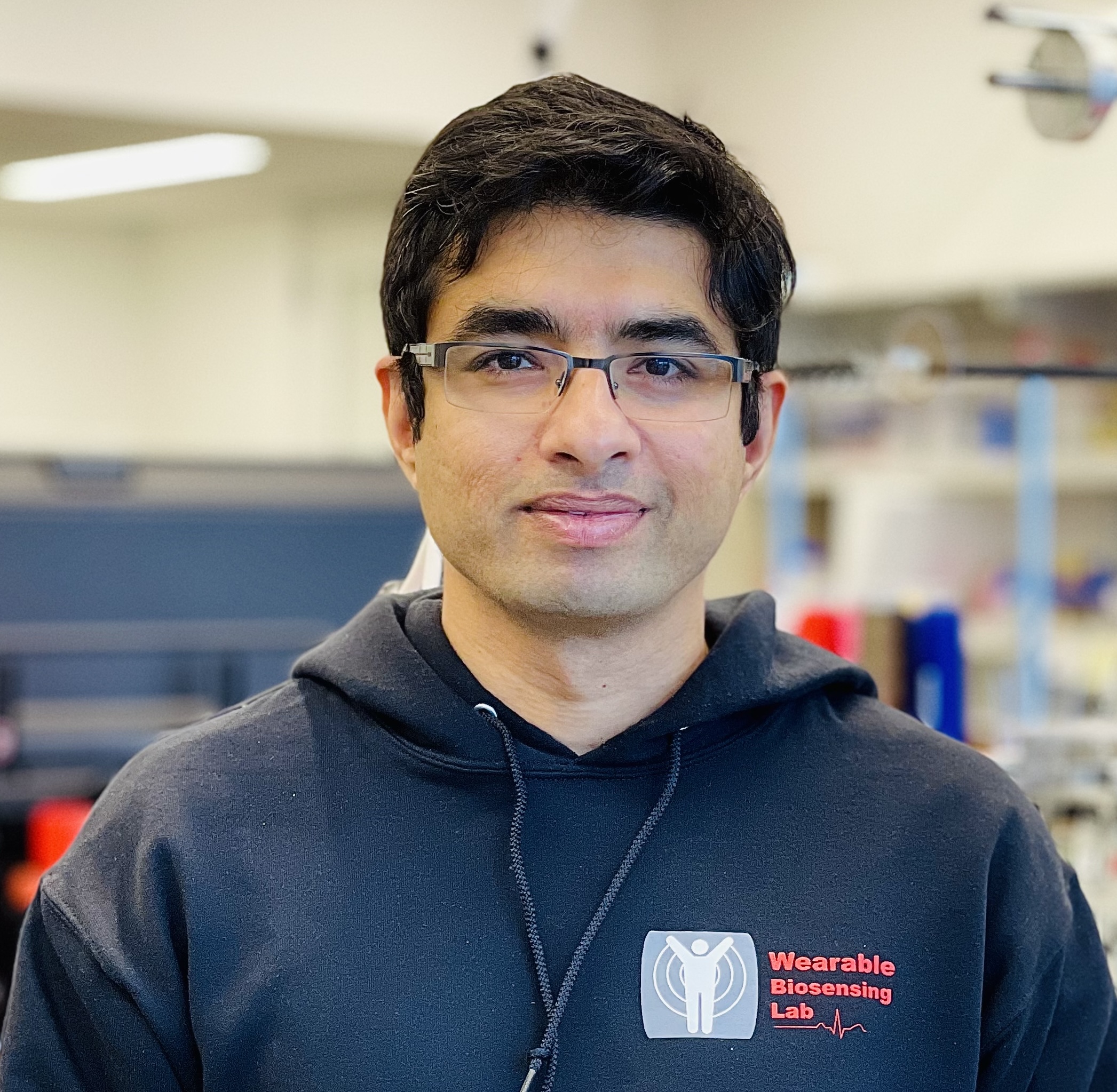The increasing set of functionalities, network interoperability, and system design complexity have introduced security vulnerabilities in cyber-physical systems (CPS). As recently demonstrated, a remote attacker can disrupt the operation of a car to either disable the vehicle or hijack it. High-profile security incidents in other CPS domains include a large-scale attack on Ukraine's power-grid and the StuxNet attack on an industrial system, while the RQ-170 Sentinel drone capture has shown that even safety-critical military CPS can be compromised.
Dr. Kunal Mankodiya is a Professor of Biomedical Engineering at the University of Rhode Island and Director of the Wearable Biosensing Lab (WBL). His research focuses on developing wearable and health technologies to monitor the brain, body, and behavior. WBL conducts transformative research with support from federal agencies like NSF and NIH, state funding from RI Commerce, and foundation grants. A notable example of his work is the development of a smart glove system for Parkinson’s disease assessment, funded by the prestigious NSF CAREER and PFI-TT Awards. He is currently expanding this research internationally, collaborating with partners in India to advance Smart Glove technologies. To date, he has mentored 18 graduate students, 3 postdocs, and published over 115 research papers.
As a prior co-founder and now scientific advisor for WellAware, a Rhode Island-based digital health startup, Dr. Mankodiya is passionate about bridging clinical needs with innovation. Through programs like HealthHacks and the Symposium on Smart Health & Wearables, he inspires the next generation to pursue med-tech innovation and entrepreneurship, advancing personalized medicine and accessible healthcare globally. Born in India, Dr. Mankodiya brings a global perspective, with an MS and PhD from Uni-Luebeck, Germany, and postdoctoral research at Carnegie Mellon University, USA.

